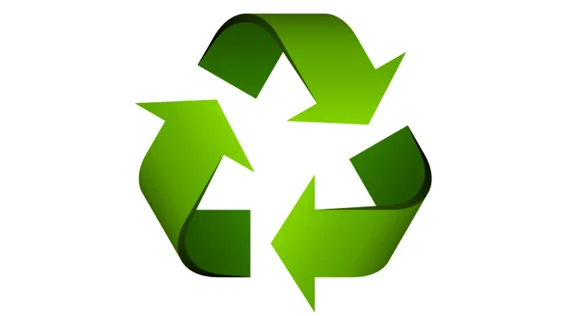
SEATTLE (Waste Advantage): Recently, the U.S. Environmental Protection Agency (EPA) announced a grant of half a million dollars to the North Central Texas Council of Governments (NCTCOG) for community outreach projects to reduce and prevent trash from entering waterways. The project will also benefit the Texas coast, as many watersheds in North Texas eventually drain to the Gulf of Mexico. “Water issues are one of the most immediate environmental concerns facing the world right now, and one of the major issues is marine litter,” said Regional Administrator Ken McQueen. “Trash accumulating in waterways in North Texas can wind up in our lakes, rivers, and the Gulf of Mexico. NCTCOG recognizes that stopping trash pollution on Texas beaches and waterways is an environmental priority. EPA is proud to support their project through our Trash Free Waters grants.”
“The EPA Trash Free Water Grant award will allow NCTCOG an opportunity to focus and raise awareness on the problem of aquatic debris, or trash, in North Texas streams, rivers, and lakes,” NCTCOG Executive Director Mike Eastland said. “Our agency will be partnering with the Houston-Galveston Area Council and Texas State University to advance existing outreach strategies through Trash Free Texas, compile Adopt-A-Spots in the North Central Texas and Houston regions, develop and implement plastic free restaurant initiatives, and develop local government resources that can be used throughout the state to reduce the amount of aquatic debris that ends up in the Galveston Bay.”
NCTCOG’s grant will fund trash prevention and reduction projects with strong community outreach and engagement aimed at changing behaviors and business practices to reduce trash from six basins in the Dallas-Fort Worth and Houston regions that drain to Galveston Bay and the Gulf of Mexico. The project includes updating the Trash Free Texas website; collecting data; implementing public-engagement elements such as Mayor’s Challenges, to engage communities and local government leaders and improve awareness of the impacts of trash in the waterways; developing a Local Government Trash Reduction and Educational Toolkit; and engaging the restaurant/fast-food industry in development of a Restaurant Plastic Reduction Toolkit.
EPA’s Trash-Free Waters program is reducing the volume of trash entering U.S. waterways. Common trash from consumer goods makes up the majority of what eventually becomes marine debris, polluting our waterways and oceans. Plastics in the aquatic environment are of increasing concern because of their persistence and effect on the environment, wildlife, and human health. EPA has provided technical and financial support for a number of projects designed to prevent trash from entering waterways.
Courtesy: www.wasteadvantage.com
| Copper Scrap View All | |
| Alternator | 0.32 (0) |
| #1 Copper Bare Bright | 3.76 (-0.01) |
| Aluminum Scrap View All | |
| 356 Aluminum Wheels (Clean) | 0.73 (0) |
| 6061 Extrusions | 0.64 (0) |
| Steel Scrap View All | |
| #1 Bundle | 460.00 (-15) |
| #1 Busheling | 480.00 (-15) |
| Electronics Scrap View All | |